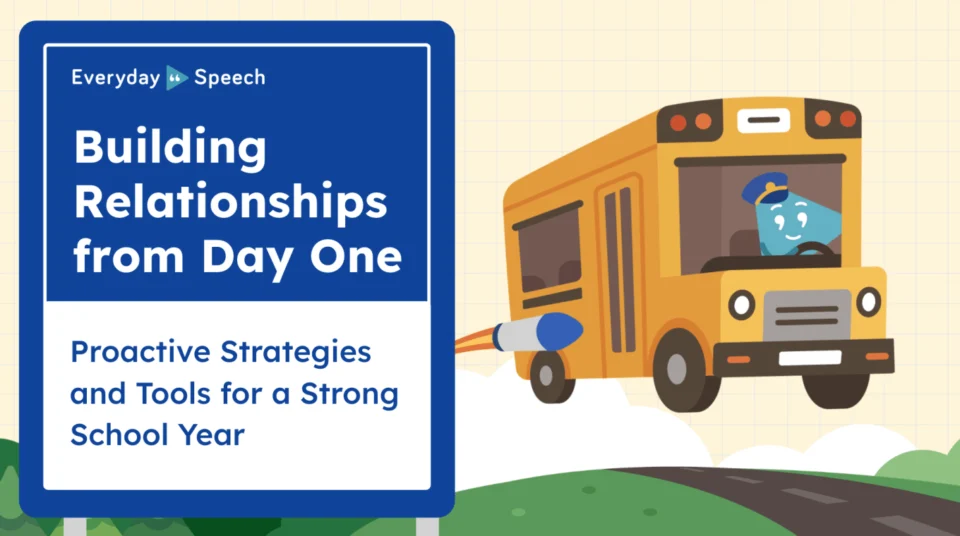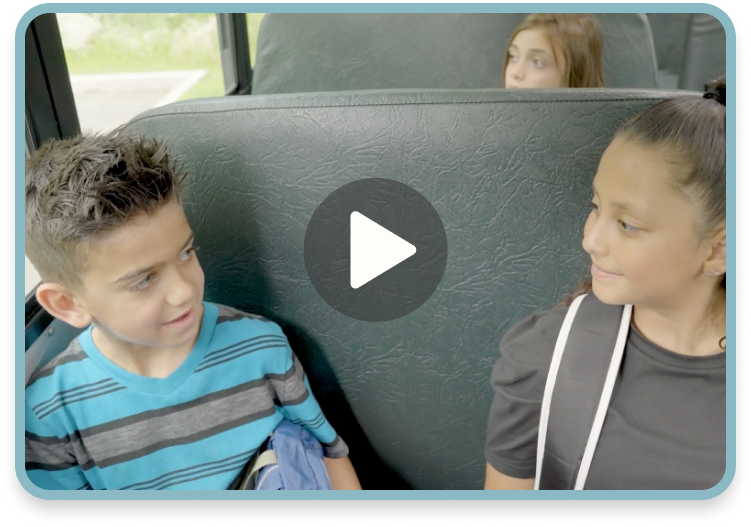Enhancing Focus in the Classroom: Activities and Strategies for Educators
Get free social skills materials
No-prep lessons on self-regulation, emotional recognition, conversation skills, and more.
Sign up hereAs educators, one of our primary goals is to help students develop the ability to maintain focus and avoid distractions in the classroom. By improving focus, students can better understand and retain information, leading to increased academic success. In this blog post, we will discuss an easy, no-prep activity to help students improve their focus, followed by discussion questions and related skills that can be incorporated into your curriculum.
No-Prep Activity: The Focus Check-In
This simple, no-prep activity encourages students to regularly check in with their focus levels throughout the day. To begin, designate specific times during the day for students to pause and assess their focus. During these check-ins, ask students to consider the following questions:
- Am I alert?
- Am I working slowly?
- Am I daydreaming?
- Am I distracted by things around me?
- Am I trying to do two things at once?
By regularly reflecting on their focus, students can identify areas where they may need to make adjustments, such as getting more sleep, taking short brain breaks, practicing mindfulness, clearing their workspace, or focusing on one task at a time.
Discussion Questions
Use these questions to further explore the concept of focus and its importance in the classroom:
- Why is it important to maintain focus in the classroom? How does it impact our learning and overall success?
- What are some common distractions that you encounter during the school day? How can you minimize these distractions to improve focus?
- How can practicing mindfulness help improve focus? Can you think of any other strategies to stay present and focused during class?
- What are the benefits of taking short brain breaks throughout the day? How can these breaks help improve your focus and productivity?
- How does multitasking impact our focus? Why is it important to prioritize tasks and focus on one thing at a time?
Related Skills
In addition to improving focus, there are several other skills that can be cultivated to support students’ academic success and overall well-being. Some of these related skills include:
- Time management: Teach students how to prioritize tasks, create schedules, and allocate time effectively to avoid procrastination and stay on track.
- Active listening: Encourage students to practice active listening skills by maintaining eye contact, summarizing key points, and asking clarifying questions during class discussions.
- Goal setting: Help students set realistic, achievable goals and develop action plans to reach them, fostering a sense of accomplishment and motivation.
- Self-regulation: Teach students strategies for managing their emotions, impulses, and behaviors in the classroom, promoting a positive learning environment.
Next Steps
Ready to incorporate focus-enhancing activities and strategies into your curriculum? Sign up for free samples of the discussed skill and others at Everyday Speech. Our resources are designed to support educators in fostering students’ social-emotional growth, helping them thrive both inside and outside the classroom.


